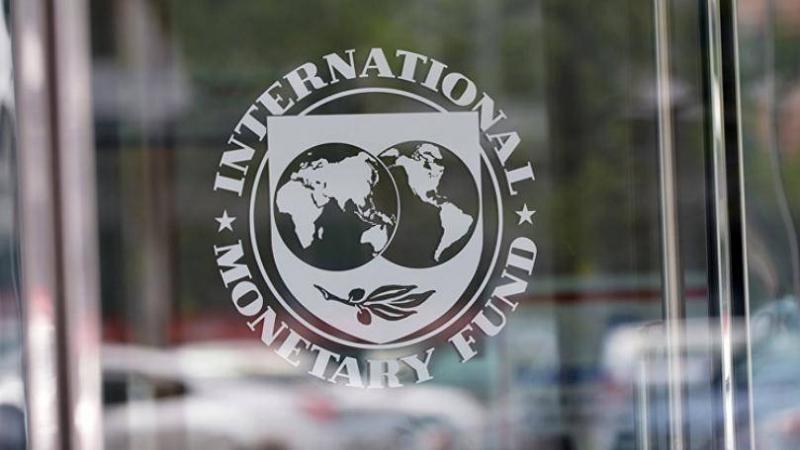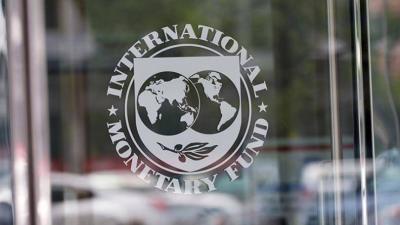International and global entities concerned about the economic-financial situation are urging Lebanese reforms. Yesterday, President Najib Mikati met with the United Nations Special Coordinator for Lebanon, Joanna Wronecka, who stated after the meeting that they conducted a horizon round and she congratulated President Mikati on the completion of the maritime border demarcation file. "We always encourage the formation of a new government and appreciate the Prime Minister's efforts in this regard. We also discussed the reform laws and the work of Parliament, particularly regarding the banking secrecy law, and we encourage the implementation of reforms in accordance with the agreement with the International Monetary Fund. We must remain positive for the benefit of Lebanon," she added. However, the official Lebanon is still asking these entities, specifically the IMF, for patience and restraint.
On Tuesday, Deputy Prime Minister Saadeh El Shami announced in a statement that he requested, in a meeting held days ago with ministers and governors from the Middle East, North Africa, and Pakistan, in the presence of the IMF Executive Director Kristalina Georgieva, that the Fund exercise more patience and perseverance since Lebanon's circumstances differ from those of any other country, and that the collaboration between the Fund and Lebanon could represent a unique case study worldwide. He also confirmed that assistance to Lebanon from donor countries, including the Arab brotherly nations, in implementing economic reforms will also aid in accomplishing the political reform that many Lebanese and friends of Lebanon are demanding.
To date, economic sources tell Al-Markazia that donors and the Fund are showing flexibility and understanding of the Lebanese reality; however, they will not maintain this lenient approach for long. They want to see tangible reform measures taken swiftly by the Lebanese state. While it is true that the budget was recently approved, and the banking secrecy law was passed on Tuesday, Lebanese actions remain slow and should not be confined to the passage of a few laws. The revival process should reflect a new political spirit and a faster, more dynamic approach.
For example, political forces should rapidly form a new government and elect a president qualified to lead the reform and rescue process, adhering to the specified constitutional deadlines. So where do the concerned Lebanese parties stand today regarding all these requests?
The more alarming aspect of this reality, the sources add, is that alongside the "turtle-like" actions of the state, voices have started to gradually rise within Lebanon, arguing that the state can abandon the IMF and its demands and conditions, firstly, and rest on the "silk" of the demarcation agreement, relying on the coming wealth which remains, for now, "theoretical" in the sea, secondly, as this would be sufficient to lift Lebanon from its pit and economic crisis. This sentiment is echoed by those in the system, from the top of the pyramid to the base, according to the sources, which warn that ignoring the required reforms and betting on oil – from which we will not benefit from revenues for eight years – to abandon the "Fund" will serve as the final nail in Lebanon's coffin, and the deadly bullet to any opportunity for recovery from the abyss or hell to which the ruling class has led us, the sources conclude.




